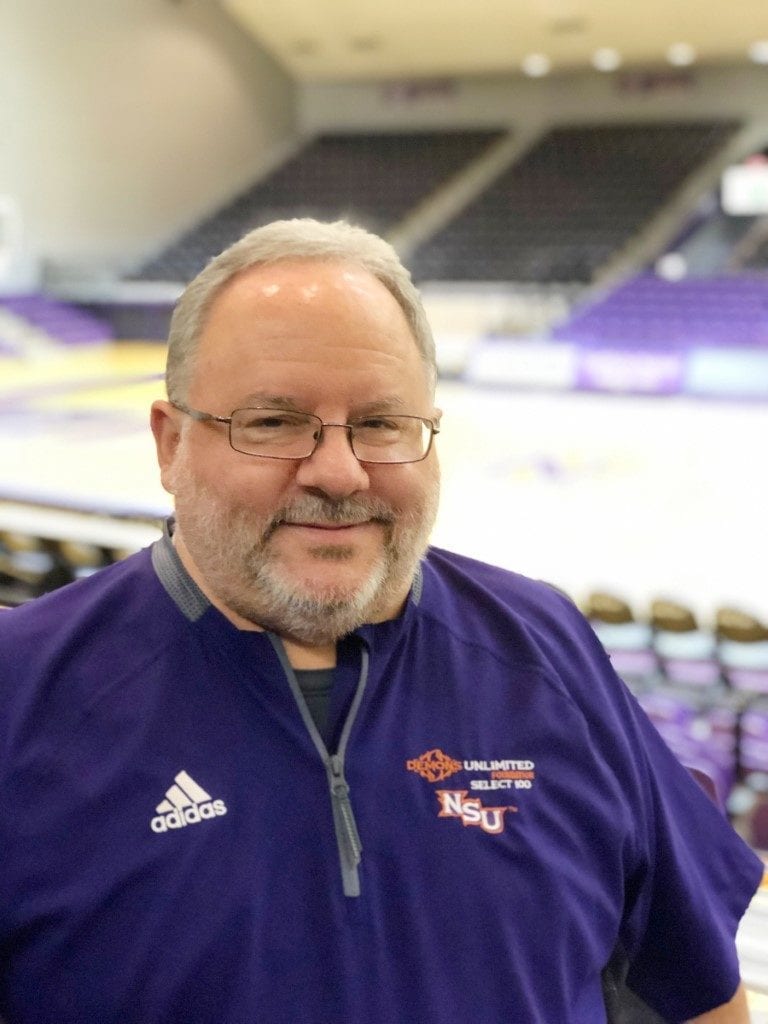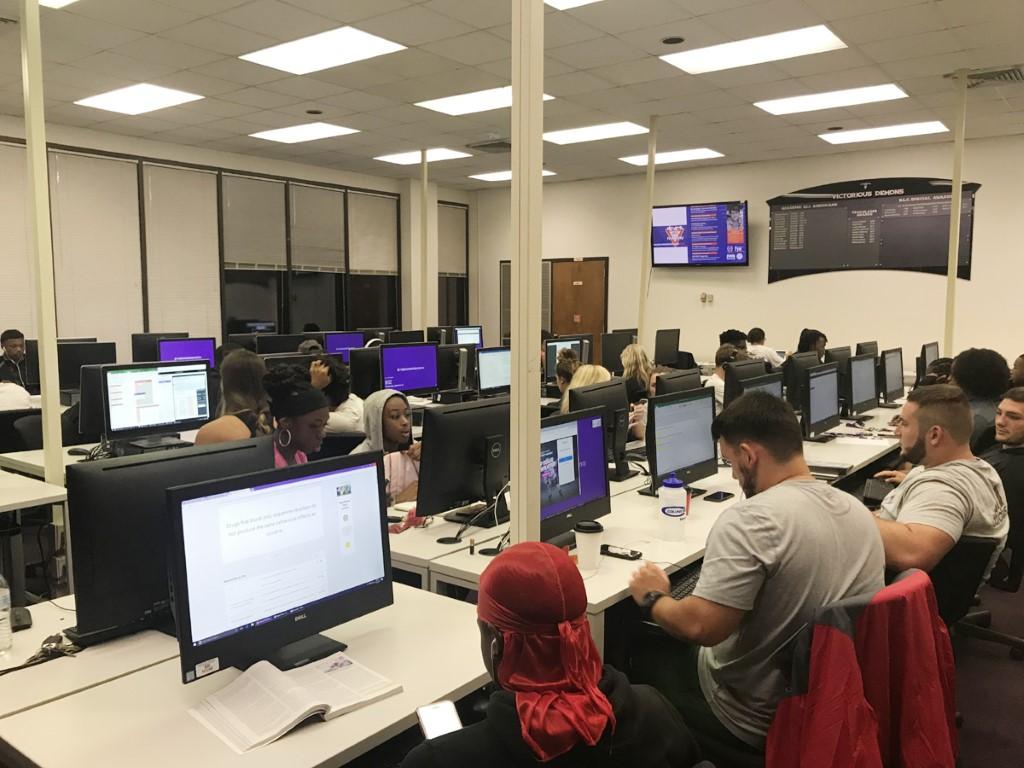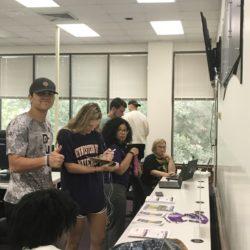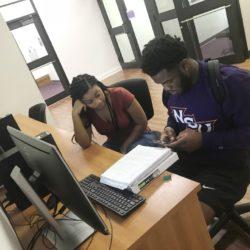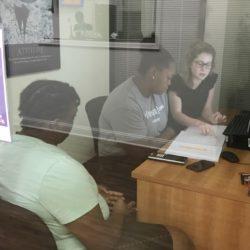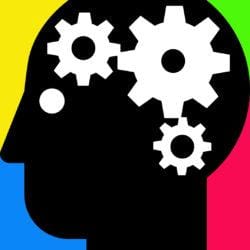by Doug Ireland
No matter what sport is in season, there’s one location in the Northwestern State athletic complex where you’ll see the lights on at night constantly year-round.
Not Turpin Stadium, Brown-Stroud Field or the Lady Demon Diamond.
Not at the Walter P. Ledet Track Complex, the Lady Demon Soccer Complex or the Jack Fisher Tennis Complex.
Just at the Johnnie Emmons Academic Center, where dozens of NSU competitors live up to the student-athlete ideal on a daily basis.
The facility provides rows of carrels with computers, and rooms for small and larger study groups and individual tutoring sessions. It’s manned by a team led by three full-time members of the Academics and Student-Athlete Development staff, along with two graduate assistants and about 20 student staffers, who provide academic support six days a week, including tutoring services.
Each of NSU’s nearly 400 student-athletes can access the center with their own personal log in at any time, even when staff is not on hand.
The strong commitment to academic success has paid handsomely for those who compete as Demons and Lady Demons. NSU has a seven-semester streak of its student-athletes recording an aggregate grade point average of 3.0 or better. Graduation rates for NSU Athletics are remarkable. Nearly four out of five competitors walk away with diplomas.
And that’s not all. They leave the university having been involved in extensive community service, and having been engaged in a wide range of seminars including workshops such as handling finances, how to enter the job market, and etiquette training.
“We want to be sure they’re successful long after their competitive days are over,” said Kaitlyn McCanna, the assistant athletics director for student-athlete development. “Our commitment to them is 24-7-365. They know they’re going to get taken care of, as long as they put forth the effort.”
Each team has a basic set of study hours to fulfill. Students fitting “at risk” criteria get additional hours, and often their achievements, and ultimately, graduation, is the most rewarding part of the staff’s work.
“When a student knows they’re struggling, and are reluctant or don’t know how to ask for help, when you can get them to realize it’s OK to ask for assistance,” said McKanna, “they always benefit from doing so.
“You see these brilliant, intelligent thoughts coming out on paper, in a way they may not have known how to express themselves before, and that’s a pretty powerful milestone for the student, and for us.”
That’s winning in the most important, far-reaching way.
